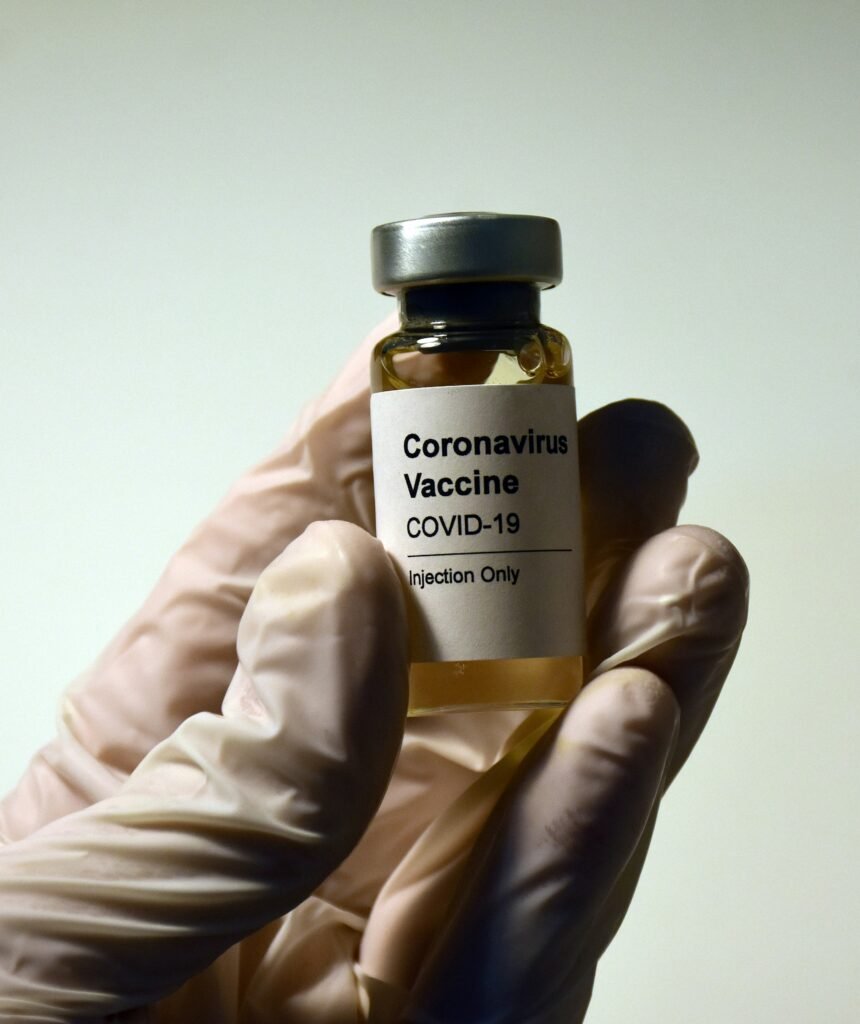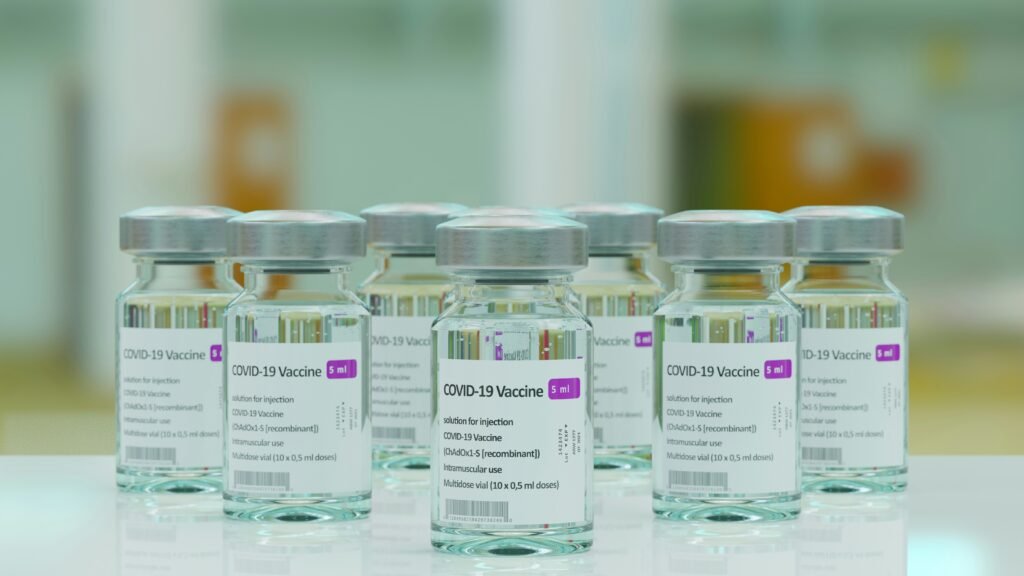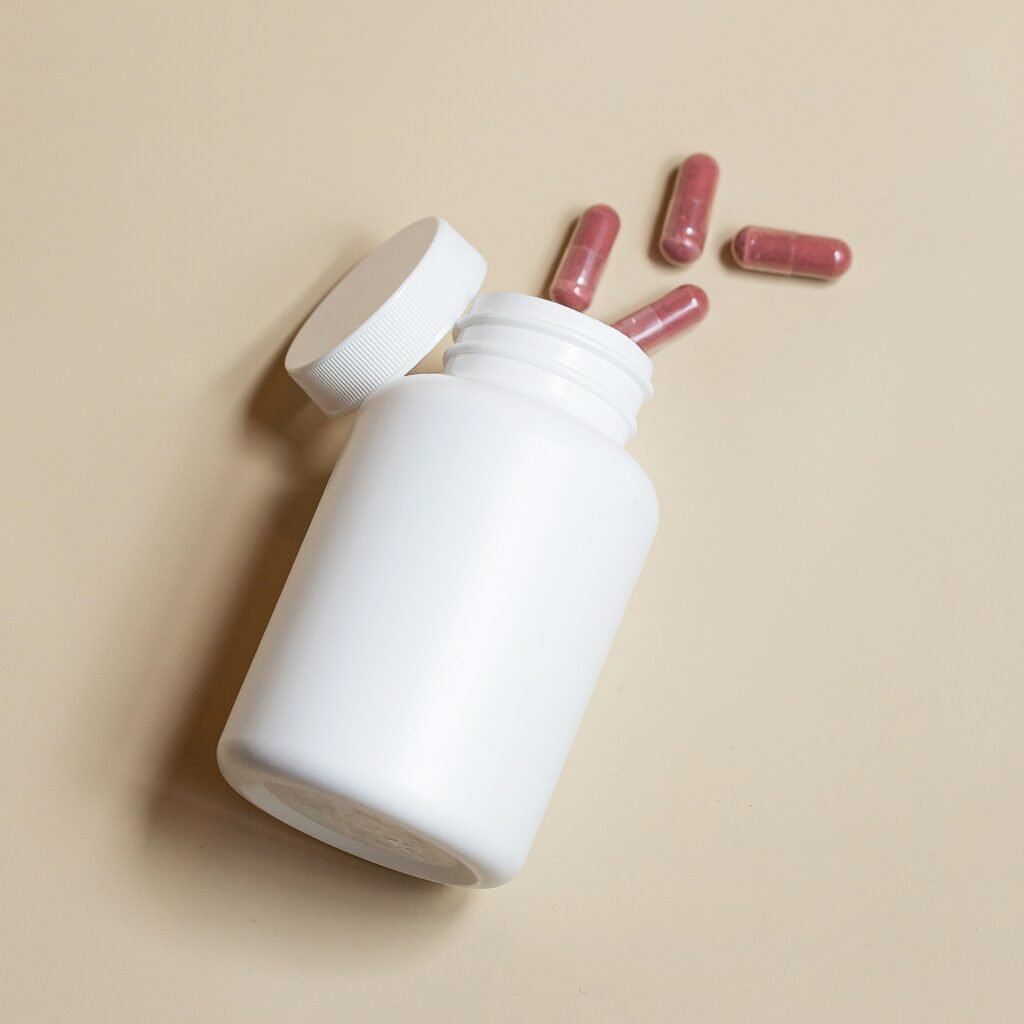If you or someone you know is struggling with substance use disorders and finding it difficult to afford the necessary medications, you may be wondering if there are any programs out there that can provide assistance. Fortunately, there are programs available that aim to help individuals with the financial burden of medication costs. These programs focus on providing support and resources to ensure that those in need have access to the medications they require for their treatment. By exploring these programs, you can find the necessary assistance to alleviate the financial stress and focus on recovery.

This image is property of images.unsplash.com.
Government Assistance Programs
Medicaid
Medicaid is a government assistance program that provides healthcare coverage to low-income individuals and families. It offers a wide range of benefits, including coverage for prescription medications used in the treatment of substance use disorders. Medicaid eligibility criteria vary by state, but generally, individuals with incomes below a certain threshold are eligible. Medicaid can greatly help individuals with substance use disorders by helping to cover the cost of medications that are critical for their treatment.
Medicare
Medicare is a federal health insurance program primarily designed for individuals who are 65 years or older, but it also covers individuals with certain disabilities. While Medicare doesn’t specifically provide assistance with medication costs for substance use disorders, it does provide coverage for prescription drugs through Medicare Part D. This coverage can be crucial for individuals who require medications to manage their substance use disorders.
Substance Abuse and Mental Health Services Administration (SAMHSA) Grants
The Substance Abuse and Mental Health Services Administration (SAMHSA) provides grants to state and local governments, tribal organizations, and community-based organizations to support the prevention and treatment of substance use disorders. These grants can help fund various programs and services, including medication-assisted treatment and other forms of support for individuals with substance use disorders.
State-funded Programs
Many states offer their own assistance programs to help individuals with substance use disorders access the necessary medications. These state-funded programs can vary in terms of eligibility criteria and coverage, but they often provide financial assistance or other resources to help individuals afford their medication costs. It’s important to check with your state’s health department or social services agency to see if there are any available programs in your area.
County or City Assistance Programs
In addition to state-funded programs, some counties or cities may have their own assistance programs specifically tailored to meet the needs of individuals with substance use disorders. These programs may offer financial assistance, access to discounted medications, or other forms of support. It’s worth reaching out to your local government or community organizations to inquire about any available assistance programs in your area.
Nonprofit Organizations
Partnership for Prescription Assistance
The Partnership for Prescription Assistance is a nonprofit organization that aims to connect uninsured or underinsured individuals with available prescription assistance programs. They provide a free online database where individuals can search for assistance programs based on their specific medication needs. The Partnership for Prescription Assistance can be a valuable resource for individuals with substance use disorders who are seeking financial assistance for their medications.
NeedyMeds
NeedyMeds is another nonprofit organization that strives to assist individuals in accessing affordable medication options. They provide a comprehensive online database of patient assistance programs, prescription discount cards, and other resources that can help individuals with substance use disorders reduce their medication costs. NeedyMeds also offers a helpline where individuals can get personalized assistance and guidance.
Patient Advocate Foundation
The Patient Advocate Foundation is dedicated to helping individuals navigate the healthcare system and access the resources they need. They offer a variety of services, including medication assistance programs. Through their Co-Pay Relief Program, they provide financial assistance to individuals who meet certain eligibility criteria. This program can be particularly beneficial to individuals with substance use disorders who require expensive medications as part of their treatment.
Together Rx Access Program
The Together Rx Access Program is a prescription savings program that provides discounts on prescription medications to eligible individuals. While it may not specifically target substance use disorders, the program can still be useful for individuals who need help managing their medication costs. The Together Rx Access Program is free to join and offers savings on a wide range of medications.
Prescription Hope
Prescription Hope is a nonprofit organization that helps individuals access and afford their prescription medications. They work directly with pharmaceutical manufacturers to provide medications at a reduced cost or even for free for eligible individuals. Prescription Hope is known for assisting individuals who are uninsured or underinsured, making it a valuable resource for individuals with substance use disorders who may be struggling to afford their medications.
Pharmaceutical Assistance Programs
Patient Assistance Programs (PAPs)
Patient Assistance Programs (PAPs) are initiatives offered by pharmaceutical companies to provide assistance to individuals who cannot afford their medications. These programs often provide free or discounted medication to eligible individuals. While PAPs may not specifically target substance use disorders, they can still be helpful for individuals who require costly medications as part of their treatment.
Prescription Discount Cards
Prescription discount cards are a widely-available resource that individuals can use to save money on prescription medications, including those used in the treatment of substance use disorders. These cards can be obtained for free from various organizations, pharmacies, and websites. By presenting a prescription discount card at the pharmacy, individuals can benefit from reduced medication prices.
Manufacturer Coupons and Rebates
Many pharmaceutical manufacturers offer coupons or rebates for their medications. These coupons and rebates can help individuals with substance use disorders save money on their prescribed medications. They are often available through the manufacturer’s website or can be found in healthcare provider offices. It’s worth checking with the specific manufacturers of your prescribed medications to see if any coupons or rebates are available.
Pharmacy Assistance Programs
Some pharmacies offer their own assistance programs to help individuals afford their prescription medications. These programs may include discounts, savings cards, or other benefits. It’s advisable to inquire with your local pharmacy to see if they have any assistance programs in place that could be beneficial for managing the costs of your substance use disorder medications.
Substance Abuse Treatment Centers
Inpatient Programs
Inpatient substance abuse treatment programs provide individuals with a highly structured and supportive environment for their recovery. These programs typically involve staying at a treatment facility for a certain period and receiving comprehensive care, including medication-assisted treatment. While the primary focus of inpatient programs is on therapy and counseling, they often incorporate medication as part of a holistic treatment approach.
Outpatient Programs
Outpatient substance abuse treatment programs allow individuals to receive treatment on a part-time basis while still living at home. These programs may involve attending therapy sessions, counseling, and group support meetings at a treatment facility or clinic. Outpatient treatment can be an effective option for individuals with substance use disorders who do not require round-the-clock care but still need support and access to medications.
Partial Hospitalization Programs
Partial hospitalization programs (PHPs) provide a higher level of care than traditional outpatient programs. Individuals in PHPs typically spend several hours a day, several days a week in a structured treatment setting. These programs offer medication-assisted treatment and intensive therapy, making them well-suited for individuals with substance use disorders who require more support than traditional outpatient care.
Intensive Outpatient Programs
Intensive outpatient programs (IOPs) are another level of care for individuals with substance use disorders. IOPs typically involve multiple sessions per week, where individuals receive therapy, counseling, and medication management. These programs can be an appropriate option for individuals who require ongoing support for their substance use disorders while still maintaining some level of independence.
Sober Living Homes
Sober living homes, also known as halfway houses, provide individuals with a structured and supportive living environment during their recovery from substance use disorders. While they may not directly provide medication assistance, sober living homes can serve as a transitional living option for individuals who have completed a more intensive treatment program. These homes often have rules and regulations that promote sobriety and facilitate the transition to independent living.

This image is property of images.unsplash.com.
Community Health Centers
Sliding Fee Scale
Community health centers often offer services on a sliding fee scale, based on an individual’s income and ability to pay. This means that individuals with substance use disorders who seek treatment at these centers may qualify for reduced fees or potentially even free services, including medication assistance. Sliding fee scales can help ensure that individuals receive the necessary care and medications regardless of their financial situation.
Federal Funding Programs
Community health centers receive federal funding to support the provision of healthcare services to underserved populations. This funding can help cover the cost of medications for individuals with substance use disorders who seek treatment at these centers. Community health centers are an essential resource for individuals who may not have access to private healthcare or insurance coverage for their substance use disorder medications.
Prescription Assistance Programs
Some community health centers have specific prescription assistance programs that aim to help individuals afford their medication costs. These programs may involve partnerships with pharmaceutical manufacturers or organizations that provide financial assistance. By participating in these programs, individuals with substance use disorders can access the medications they need at reduced costs or even for free.
Health Insurance Marketplace
The Health Insurance Marketplace, established under the Affordable Care Act (ACA), provides individuals with a platform to compare and enroll in health insurance plans. Many health insurance plans available through the Marketplace include coverage for prescription medications, including those used in the treatment of substance use disorders. By exploring the options available on the Marketplace, individuals can find insurance plans that offer the necessary coverage for their medication needs.
Pharmacy Discount Programs
GoodRx
GoodRx is a popular pharmacy discount program that offers reduced prices on prescription medications. Individuals can search for their prescribed medications on the GoodRx website or app and access coupons or discounts that can significantly lower their medication costs. GoodRx is accepted at thousands of pharmacies nationwide and can be a valuable resource for individuals seeking affordable medication options for their substance use disorders.
Blink Health
Blink Health is another pharmacy discount program that negotiates prices directly with pharmacies, allowing individuals to access medications at lower costs. Users can pay for their medications through the Blink Health website or app and pick them up at a participating pharmacy. Blink Health offers substantial discounts on a wide range of medications, including those used in the treatment of substance use disorders.
SingleCare
SingleCare is a pharmacy savings program that offers discounts on prescription medications. Individuals can obtain a SingleCare card for free and use it to access reduced prices on their medications. SingleCare also provides a price comparison tool that allows users to compare the costs of their prescribed medications at various pharmacies. This program can be beneficial for individuals with substance use disorders who are looking for ways to save money on their medication expenses.
Rx Saver
Rx Saver is a prescription savings program that offers discounted prices on medications used to treat a variety of conditions, including substance use disorders. Individuals can search for their medications on the Rx Saver website or app and find discounts at participating pharmacies. Rx Saver claims to provide savings of up to 80% on prescription medication costs, making it a valuable resource for individuals seeking affordable options for their substance use disorder medications.
FamilyWize
FamilyWize is a prescription savings program that helps individuals access discounted prices on prescription medications. Individuals can obtain a free FamilyWize card and present it at participating pharmacies to receive reduced prices on their medications. The program can be used by individuals with or without insurance, providing a valuable opportunity for those seeking affordable medication options for their substance use disorders.

This image is property of images.unsplash.com.
Patient Assistance Foundations
Patient Access Network Foundation
The Patient Access Network (PAN) Foundation is a patient assistance foundation that provides financial assistance to underinsured individuals with chronic or life-threatening illnesses. While their assistance may not be specific to substance use disorders, individuals with such disorders who meet the foundation’s eligibility criteria may be able to receive financial support for their medication costs.
Chronic Disease Fund
The Chronic Disease Fund (CDF) is a nonprofit organization that offers financial assistance to individuals with chronic diseases who cannot afford their medications. Although substance use disorders may not be considered chronic diseases in all cases, individuals who require ongoing medication as part of their treatment may still qualify for support from the CDF.
HealthWell Foundation
The HealthWell Foundation is dedicated to assisting individuals with chronic or life-altering conditions who are struggling with high medical costs. While their primary focus may not be on substance use disorders, individuals who require expensive medications for their treatment may be eligible for financial assistance through the foundation.
National Organization for Rare Disorders
The National Organization for Rare Disorders (NORD) provides financial assistance programs for individuals with rare diseases. While substance use disorders may not fall under the category of rare diseases, individuals who require specialized medications to manage their conditions may still be eligible for assistance through NORD.
State Prescription Assistance Programs
ADAP – AIDS Drug Assistance Program
The AIDS Drug Assistance Program (ADAP) is a state-funded program that provides access to HIV/AIDS medications for individuals who are uninsured or underinsured. While ADAP primarily focuses on HIV/AIDS medications, some states may also offer assistance with medications used in the treatment of substance use disorders. It’s essential to check with your state’s ADAP to see if any additional assistance is available for substance use disorder medications.
Cancer Drug Assistance Programs
Many states have specific assistance programs for individuals with cancer who require costly medications. While these programs may primarily support cancer-related medications, they may also include coverage for medications used in the treatment of substance use disorders. It’s worth checking with your state’s cancer drug assistance program to see if they offer any assistance for substance use disorder medications.
Elderly Pharmaceutical Assistance Programs
Some states offer Elderly Pharmaceutical Assistance Programs (EPAPs), which provide assistance to senior citizens who have difficulty affording their medications. These programs may include coverage for medications used in the treatment of substance use disorders, particularly if they are commonly prescribed to older individuals. It’s advisable to check with your state’s EPAP to see if any assistance is available.
Children’s Health Insurance Program (CHIP)
The Children’s Health Insurance Program (CHIP) provides low-cost or free health insurance coverage to children from low-income families. While CHIP does not specifically target substance use disorders, it may include coverage for medications used in the treatment of such disorders. Families with children who require medication for substance use disorders should look into their state’s CHIP program to determine if they qualify for coverage.
Prescription Assistance Websites
RxAssist
RxAssist is a comprehensive online resource that helps individuals find patient assistance programs for prescription medications. The website provides a database of pharmaceutical company programs, state and local programs, and other resources that can help individuals with substance use disorders access affordable medications. RxAssist also offers a helpline where trained specialists can assist individuals in navigating the various assistance programs available.
BenefitsCheckUp
BenefitsCheckUp is an online tool that assists older adults and individuals with disabilities in finding federal, state, and local assistance programs. While substance use disorders may not be directly covered by BenefitsCheckUp, individuals who require medication assistance as part of their substance use disorder treatment may still find relevant programs through the website. BenefitsCheckUp helps individuals determine their eligibility for various programs and provides information on how to apply.
Patient Access Network
Patient Access Network (PAN) is a nonprofit organization that helps underinsured individuals access the medications they need. Through their online platform, individuals can search for medication assistance programs and find resources specific to their condition, including substance use disorders. PAN provides guidance on how to apply for assistance, ensuring that individuals can receive the support they need to manage their medication costs.
Health Insurance Coverage
Private Health Insurance
Private health insurance plans often include coverage for prescription medications, including those used in the treatment of substance use disorders. These plans can provide individuals with comprehensive coverage and financial support for medication costs. It’s essential to carefully review the details of private health insurance plans to ensure they offer the necessary coverage for substance use disorder medications.
Employer-Sponsored Plans
Many employers offer health insurance plans to their employees as part of their benefits package. These employer-sponsored plans may include coverage for prescription medications, including those required to treat substance use disorders. Individuals with substance use disorders should review their employer-sponsored health insurance plan to determine its medication coverage and any associated costs.
Affordable Care Act (ACA)
The Affordable Care Act (ACA), also known as Obamacare, expanded access to health insurance and included essential health benefits that health insurance plans must cover. Substance use disorder treatment is considered an essential health benefit, which means health insurance plans purchased through the Health Insurance Marketplace must offer coverage for medications used in the treatment of substance use disorders.
Medicare Advantage Plans
Medicare Advantage Plans, also known as Medicare Part C, are private health insurance plans that provide an alternative to traditional Medicare coverage. These plans often include prescription drug coverage, which can be beneficial for individuals with substance use disorders who require medications as part of their treatment. Individuals eligible for Medicare should explore Medicare Advantage Plans to see if they offer the necessary coverage for their substance use disorder medications.
While words: 2381


